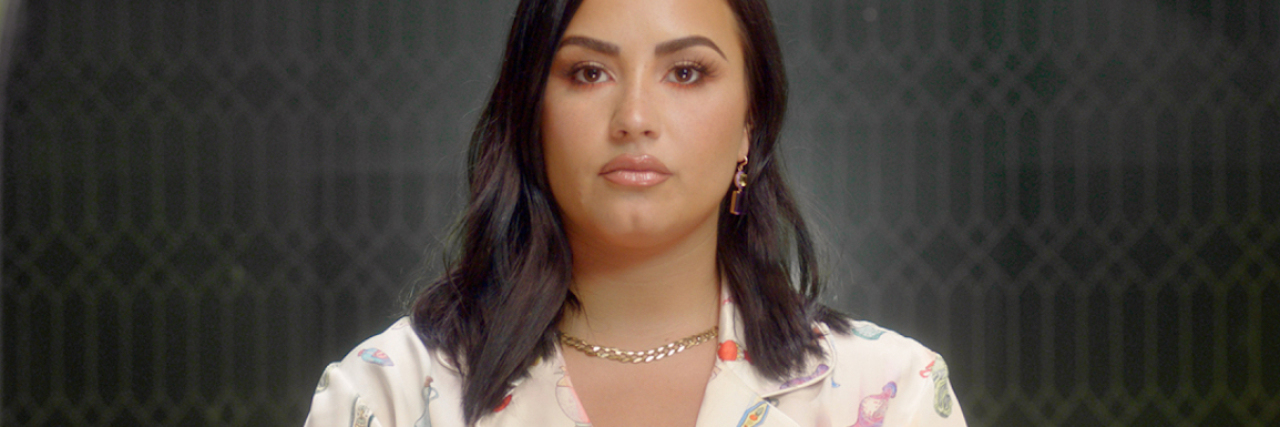Why Demi Lovato’s New Addiction Documentary Has Tremendous Potential
Editor's Note
If you or a loved one is affected by addiction, the following post could be triggering. You can contact SAMHSA’s hotline at 1-800-662-4357.
Demi Lovato is being more candid about her addiction recovery than ever before.
The pop superstar and mental health advocate, 28, will open up about her 2018 overdose in her vulnerable new docuseries, “Demi Lovato: Dancing With The Devil.” The upcoming YouTube Originals series, which will be available to stream March 23, will explore the singer’s past trauma and its impact on her physical and mental health.
This isn’t the first time Lovato has shared her mental health journey in a documentary. Demi Lovato’s two prior documentaries, “Demi Lovato: Stay Strong” (2012) and “Demi Lovato: Simply Complicated” (2017) both delved into the singer’s struggles with bulimia nervosa, self-harm and substance use and her decision to remain sober. But even though Lovato has gradually shared some details of her most recent overdose, Dancing With The Devil will reveal every detail of “the darkest point in [Lovato’s] life.”
On Wednesday, Demi Lovato eagerly took to social media to announce the documentary, writing, “I’m so excited to finally share this story with you that I’ve held on to for the last 2 years.” But she’s not the only one excited about her courageous new docuseries — it could also resonate with those who have struggled with substance use or overdoses and educate those who haven’t.
Though Demi Lovato is just one of a slew of celebrities who have openly discussed their past substance use, misconceptions surrounding substance use disorders still abound. Many who have never survived addiction see the disorder as a choice, even though the majority of mental health professionals agree that addiction is a brain chemistry-based disease. This belief discrepancy has prevented many who struggle with addiction from receiving the help they need and often limits the amount of social support family and friends provide in their recoveries.
Demi Lovato’s candor about her own struggles with addiction and her journey to recovery in “Dancing With The Devil” has the potential to show that people with substance use disorders need love and support in recovery, not shame, criticism and disbelief. Those who love someone who struggles with addiction could learn more about the disorder from Lovato’s experience and better understand how to support their loved ones in recovery — both on sober days and through relapses.
Not only will those recovering from substance use disorders likely see themselves in Lovato’s story, but by shedding light on addiction, Demi Lovato will also highlight how devastating the disease can be — and how much hope and healing accompanies addiction recovery. “Demi Lovato: Dancing With The Devil” has yet to be released, but it already promises to shine a raw, honest spotlight on overdose and recovery, making it a must-see for both those who struggle with addiction and their loved ones. In candidly chronicling Demi Lovato’s recovery, “Dancing With The Devil” has tremendous potential to reduce the stigma surrounding addiction and breed love and understanding for those who fight through it every day.
For more on Demi Lovato’s journey with her mental health, click here.
Header image via Demi Lovato’s Instagram/OBB Media

